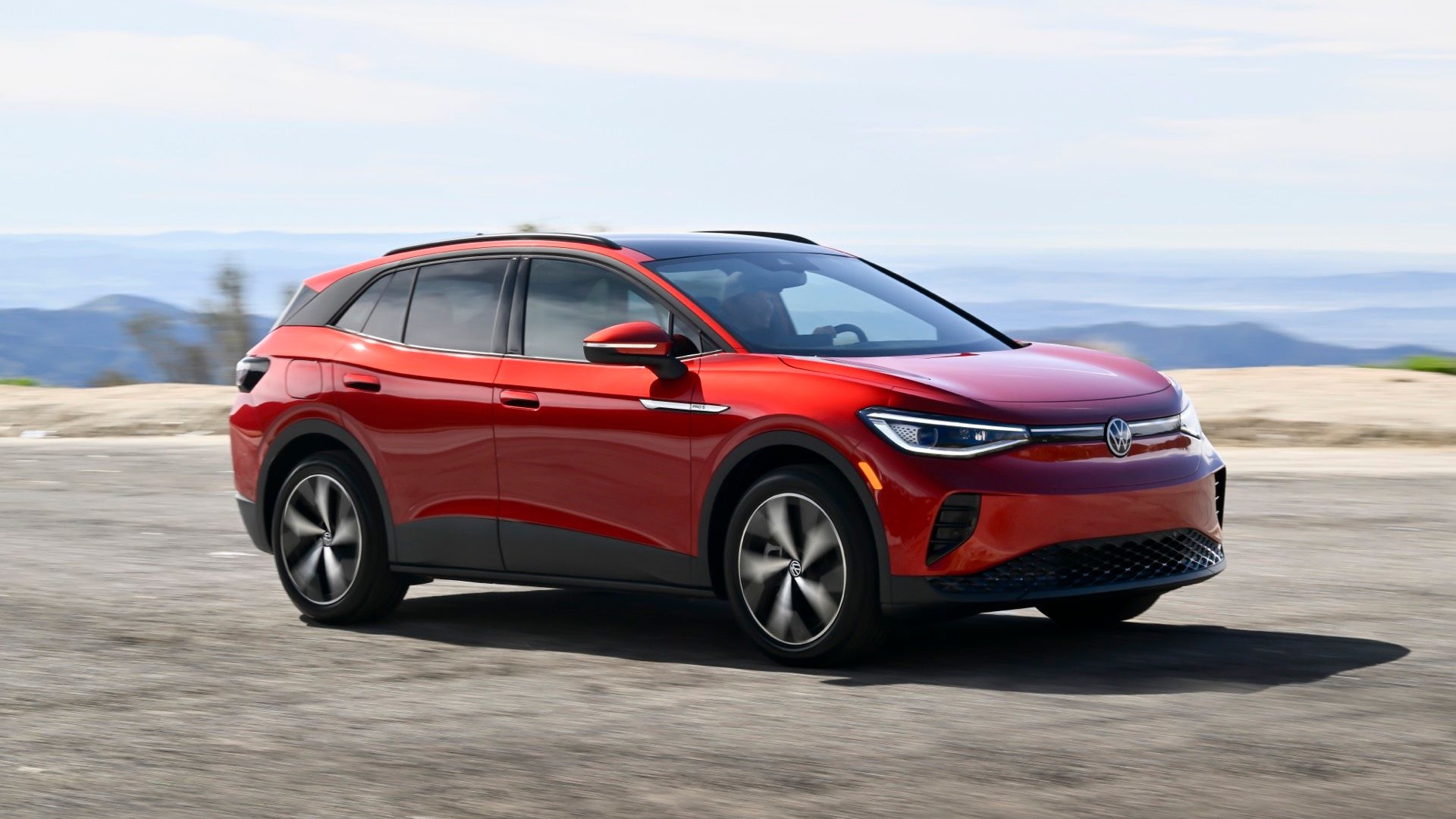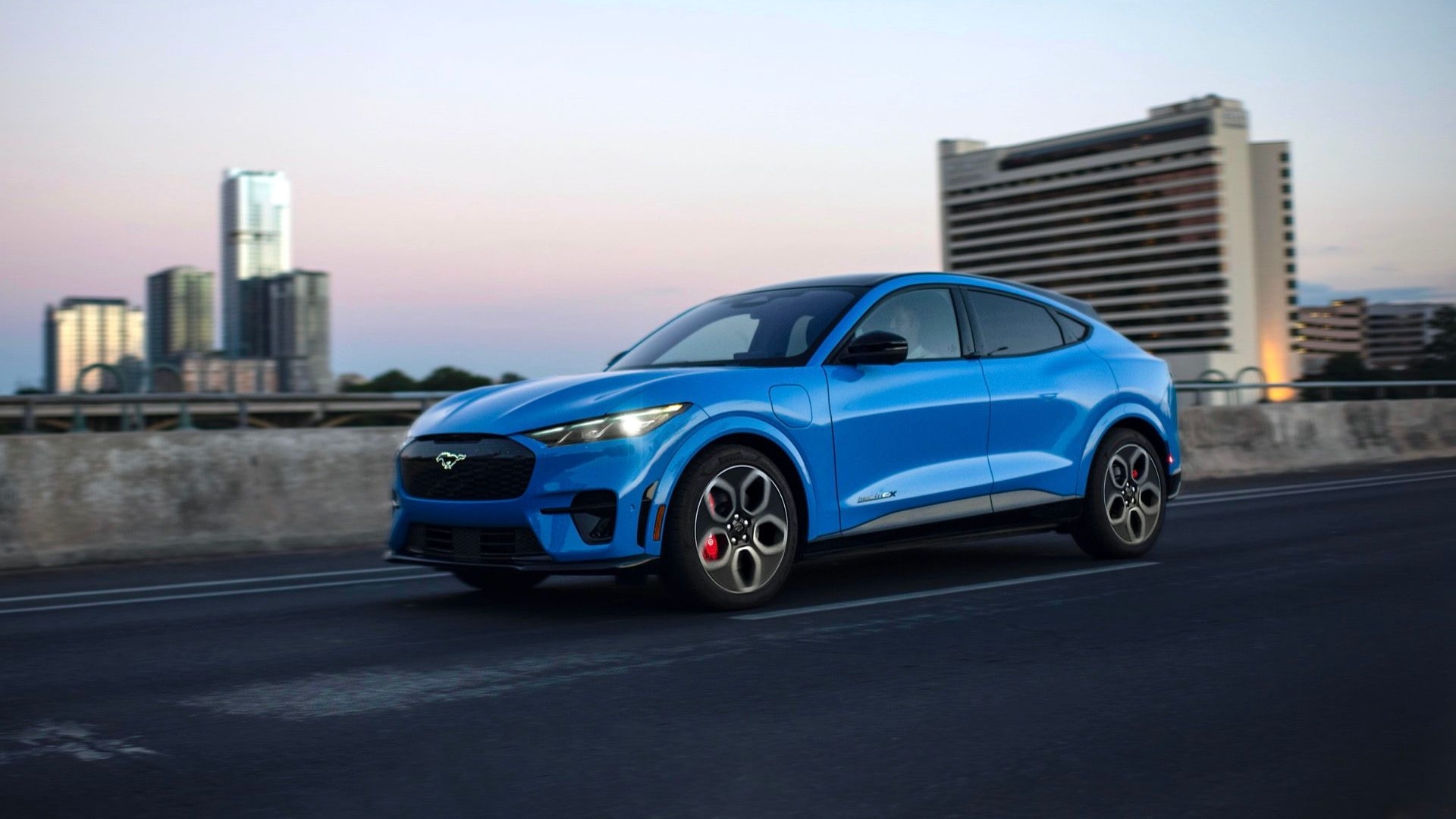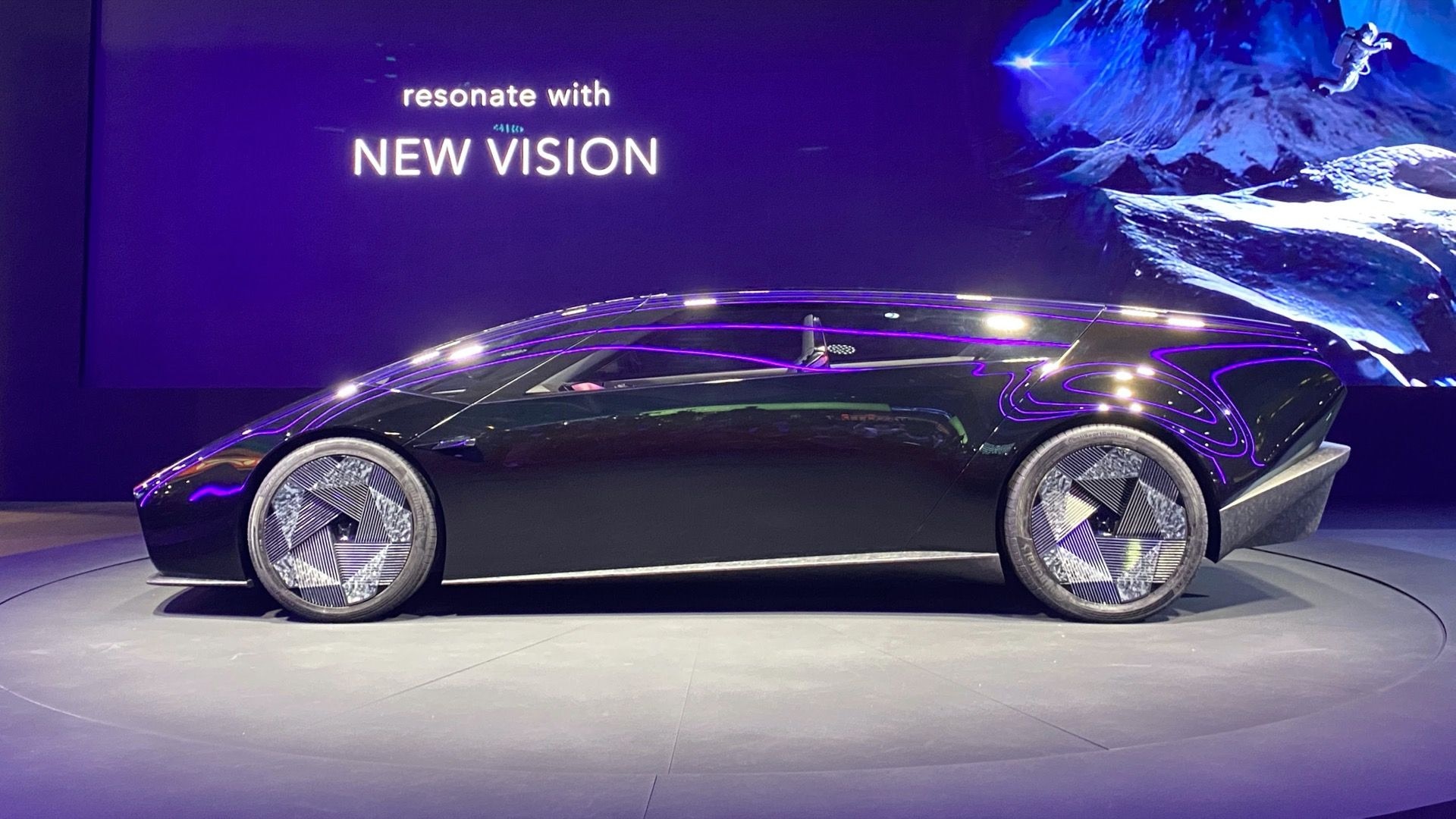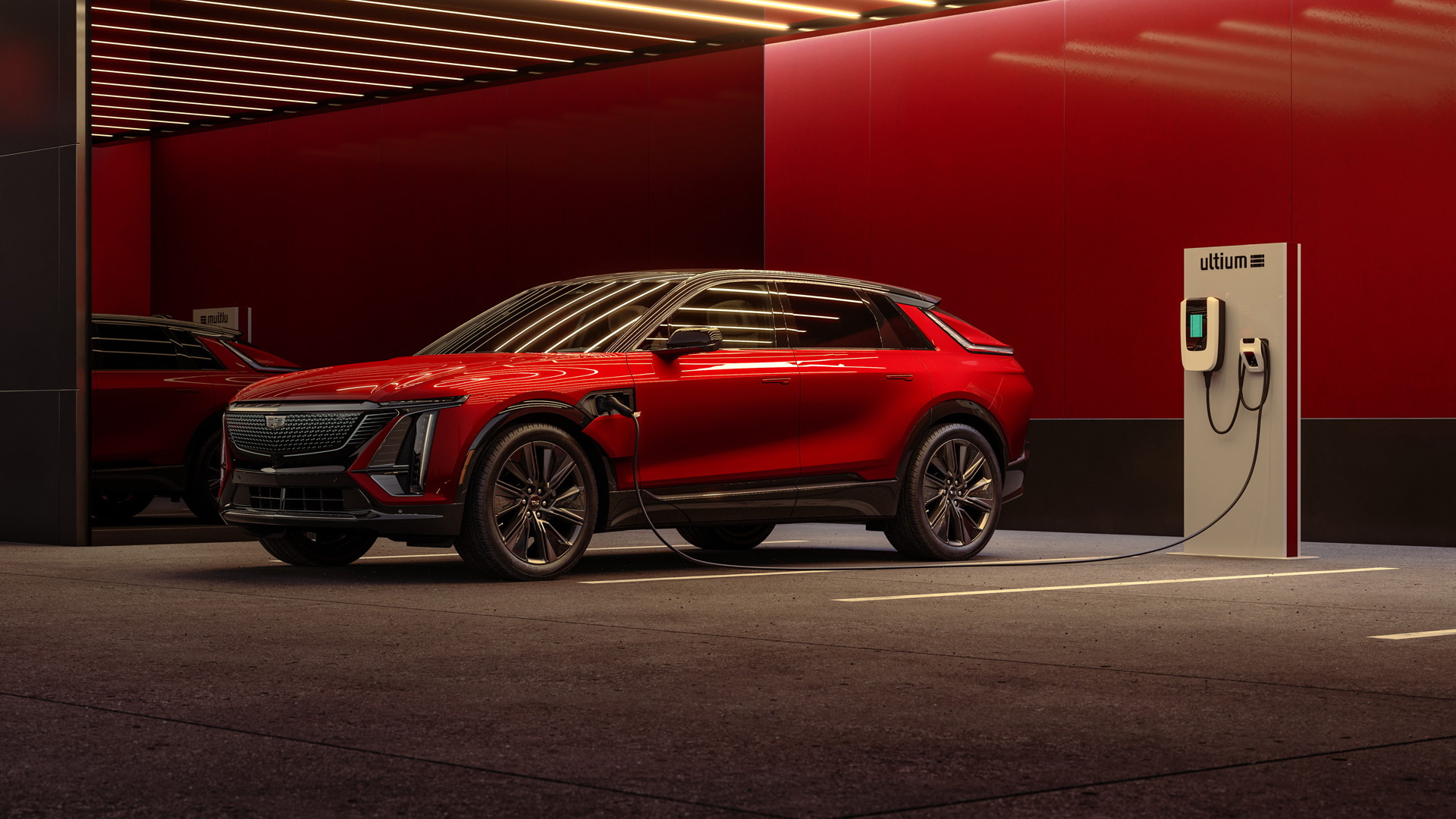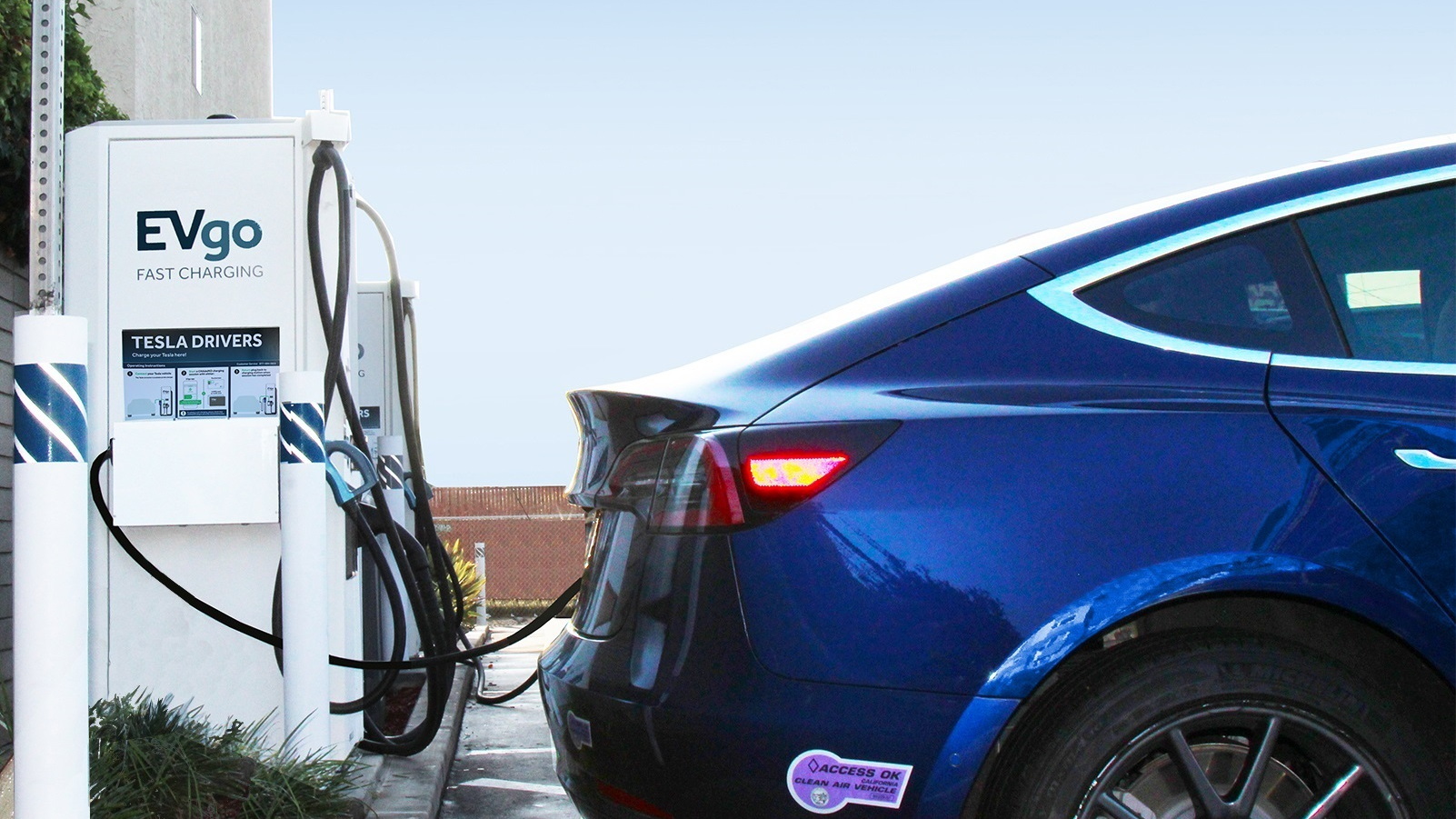Last summer wasn't easy for Nissan or its electric car, the Leaf.
A spate of owners in Arizona discovered they were quickly losing battery capacity, far earlier than Nissan suggested it might happen--the hot climate was playing havoc with battery life.
Luckily for worried Leaf owners, those 'wilting Leafs' were the exception, rather than the rule. A new survey from Plug In America reveals that the majority of Leaf owners have lost very little capacity--if any.
Plug In America's independent Leaf battery survey collected data from 240 Leafs in 25 states, 2 Canadian provinces, and the UK. Cumulative mileage over the cars surveyed is almost 3.2 million miles.
While that's still a small proportion of total worldwide Leaf sales, the survey still provides an interesting insight into how quickly Leafs are losing capacity.
Most owners still at "twelve bars"
Generally, statistics coming from the report are positive.
There are 12 battery capacity bars shown on the Leaf's display, and almost 91 percent of those surveyed hadn't lost a single bar. Just over six percent have lost only one bar, the remaining owners down to ten bars.
In addition, over half of the owners think their total range is still about the same it was when new. A tenth of those questioned had lost over ten miles, with the remainder split between those who'd lost only a little, and those who'd lost between 5-10 miles--though 1.3 percent actually suspected range had increased!
Hot climate certainly plays a part in battery loss.
One owner, with just under 60,000 miles on the clock, hasn't lost a single capacity bar--though the car is only being driven in highs of between 75-80 degrees. Most of those who had lost capacity, on the other hand, have seen temperature highs of over 95. Seven owners over this point have lost two bars.
Further data gathered on the MyNissanLeaf forum, where some owners have lost as many as four bars, also backed up the temperature data. All the greatest losses were recorded by owners living where average high temperatures are around the 105 Fahrenheit mark.
Quick charging not a major factor
In contrast, there seems to be very little correlation between capacity loss and quick charging--many of those with lost bars have quick charged fewer than ten times, yet one owner with over 70 quick charges hasn't lost a single bar.
Battery health tests seem to back this up--most reporting a clean bill of health, regardless of the quick charging frequency.
Several other factors all proved fairly inconclusive as far as battery health is concerned.
As a result, it seems fairly clear--temperature is the number one factor in battery capacity loss. Those living in hotter climates are considerably more likely to lose capacity, regardless of mileage--yet it's quite possible for drivers in cooler climates to do quite high mileages before seeing any significant deterioration--contrary to Nissan's original presumptions on capacity loss.
While the data will be of little comfort to Leaf owners in hotter regions--save for Nissan buying some back under lemon laws--it should also be reassuring to those in cooler climates--and to those who regularly use quick charging stations.
For the full report and data tables, click the link to Plug In America's battery survey (.pdf file).
[Hat tip: Tom Saxton, Plug In America]
+++++++++++








